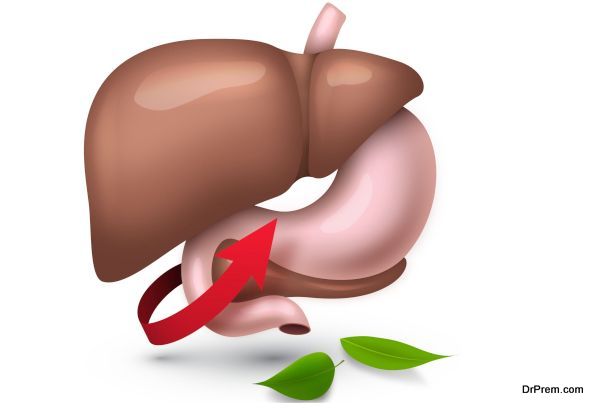Stomach acid is a digestive fluid made up mostly of hydrochloric acid and a few other compounds. While this seems simple, stomach acid plays a key role in the digestion of food and protects your body against foreign invaders by destroying some viruses and germs before they can cause illness. But when these acids find their way out of the stomach and back up the esophagus, symptoms can range from the discomforts of mild heartburn to the more serious complications of gastroesophageal reflux disease (GERD)—disrupting your life and your wellbeing.
The pros and cons of PPIs
To treat the problem, doctors prescribe medications to reduce the amount of stomach acids that are produced. One class of these drugs is known as proton pump inhibitors (PPIs). One of the top selling drugs in the U.S. is a PPI medication—Nexium—which earns $6 billion annually. On the surface, these medications have improved the quality of life for millions of Americans and have reduced the troublesome symptoms and complications of heartburn, ulcers, GERD, and many other digestive issues. They work well—and quickly. But the issue goes beyond relief when you consider their mounting list of risks associated with PPIs.
In 2010, the FDA released a warning against the long-term use of these medications citing an increased risk for fractures and bone loss for patients who use the medications in high doses for a year or more. The list of complications has grown to include an increased risk for:
- Low magnesium levels
- Clostridium-difficile diarrhea
- Kidney failure
- Community acquired pneumonia
- Heart disease
- Dementia and Alzheimer’s
To reduce the likelihood of health impairment, experts recommend patients take these medications no more than 14 days at a time, three times per year.
How to find relief with fewer or no PPIs
If you suffer from heartburn or GERD, you’ve probably tried a lot of different methods to manage your symptoms. Many people have acid reflux at night and struggle to get comfortable so they can sleep. Others battle their symptoms around the clock but you may be able to find alternatives to ease symptoms so you can take fewer PPI medications. Some ways to help reduce your symptoms may include:
- Losing weight
- Avoiding trigger foods like chocolate, onions, or coffee
- Eating smaller meals
- Reducing alcohol consumption
- Quitting smoking
- Elevating yourself with a wedge pillow for acid reflux when sleeping or laying down
If you do need to take a proton pump inhibitor to control acid reflux or GERD, do so according to the instructions of your health care provider who knows the risks and recommended dosing. If you are already on one of these medications, talk to your doctor about alternatives or lifestyle changes you can make to reduce your symptoms.
Article Submitted By Community Writer






